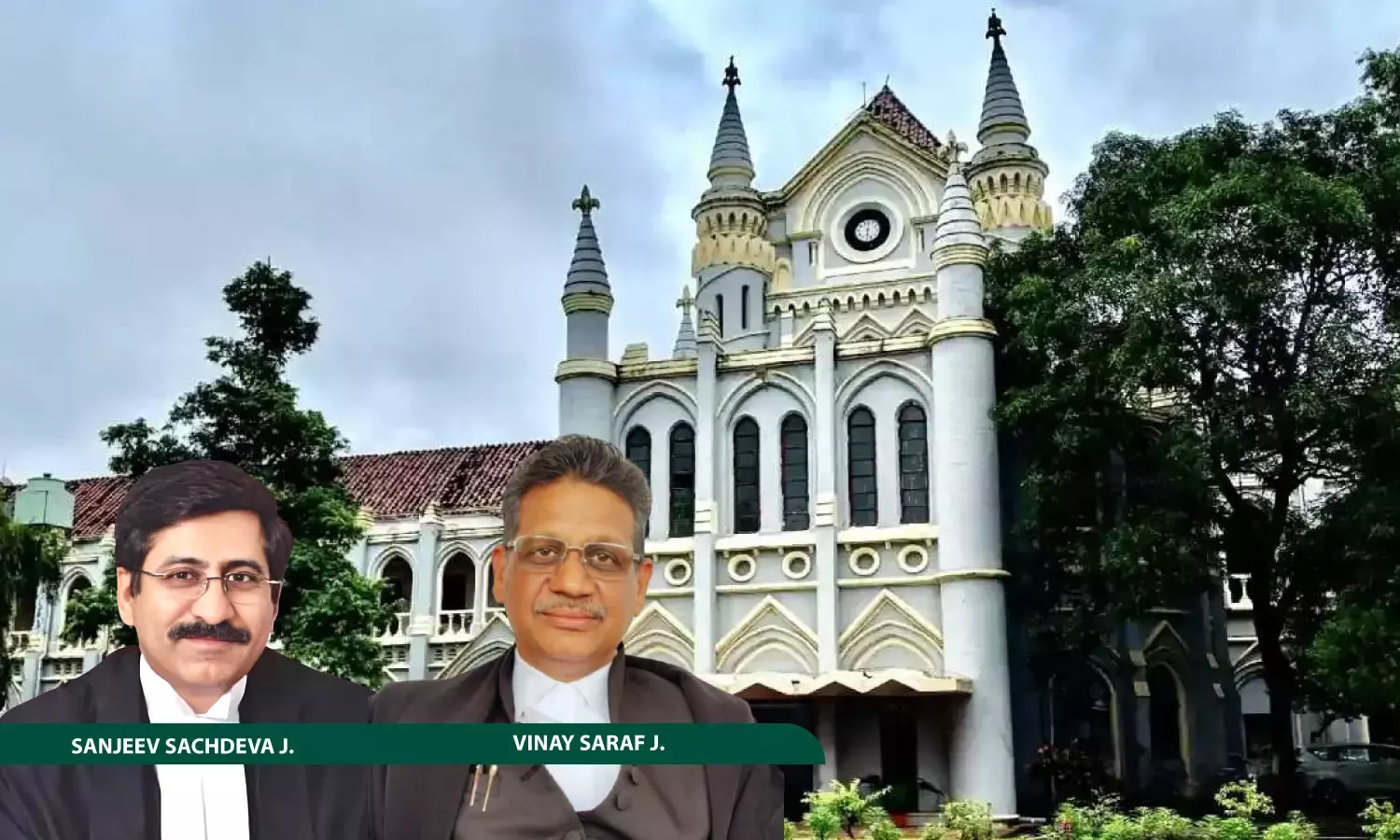Madhya Pradesh High Court Temporarily Halts Live Streaming Of Criminal Proceedings Over Misuse via Memes, Reels
The directive will come into effect from Monday, September 15.

Justice Sanjeev Sachdeva and Justice Vinay Saraf, Madhya Pradesh High Court
The Madhya Pradesh High Court has issued a temporary directive halting the live streaming of all criminal proceedings across its Benches, citing concerns over the misuse of courtroom footage through the creation of online content such as memes, reels, and edited video clips.
The directive will come into effect from Monday, September 15.
A Public Interest Litigation (PIL) raised alarm over the inappropriate and derogatory use of live-streamed court proceedings.
A Division Bench comprising Chief Justice Sanjeev Sachdeva and Justice Vinay Saraf held, "the Registry is directed to forthwith stop the live streaming of all Benches hearing criminal matters till the next date of hearing. However, Registry shall ensure that unrestricted Webex Link is made available on the website so that any person, who wishes to view the proceedings can do so through the Webex Link. The Registry shall also ensure that recording facility through the Webex Link be not provided to any person, who wishes to view the proceedings".
The petitioner appeared in person, while Dy. Solicitor General S.M. Guru and Advocate Sandeep Shukla appeared for the Respondents.
According to the petitioner, several private entities have been capturing live-streamed videos of criminal proceedings and editing them into short clips, memes, and reels. These, it was argued, are being circulated widely on social media platforms like YouTube and Instagram, portraying the judiciary and legal professionals in a distorted and negative light.
The petitioner referred to the High Court’s earlier judgment in Vijay Bajaj v. Union of India (2024), where the Court had expressly barred the unauthorized editing, morphing, or commercial use of courtroom live streams. This judgment aligns with Rule 11(b) of the Madhya Pradesh Live Streaming and Recording Rules for Court Proceedings, 2021, which prohibits the manipulation and dissemination of such content for non-legal or commercial purposes.
Despite these safeguards being in place, the petitioner argued that unauthorized content continues to appear online, especially concerning criminal cases, often violating the dignity of the legal process and causing reputational harm to the participants, including lawyers and judges.
The matter is now scheduled for further hearing on September 25, 2025.
Cause Title: Arihant Tiwari & Ors. v. Union of India & Ors.


